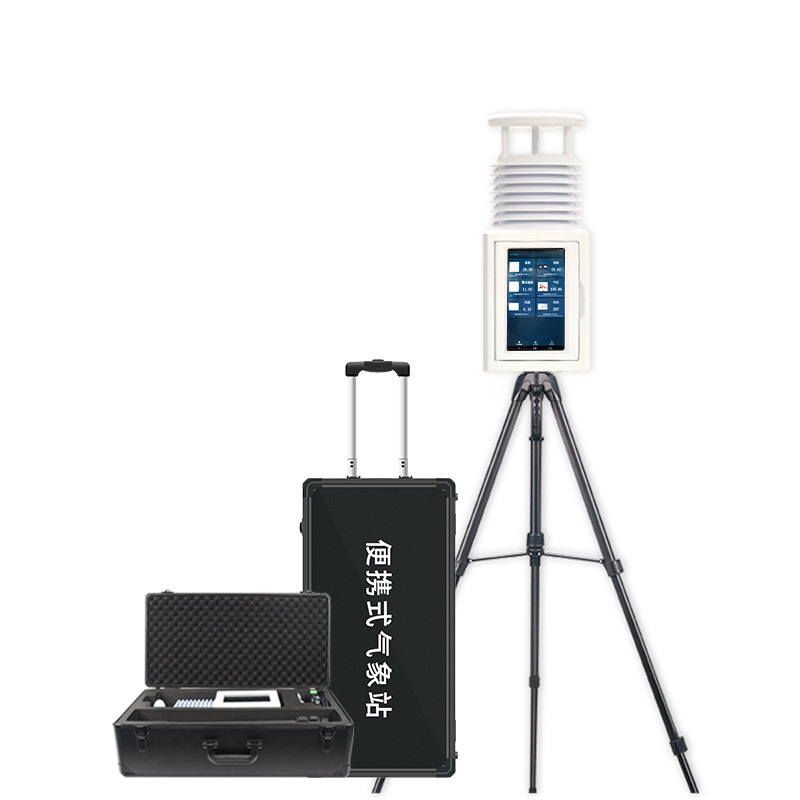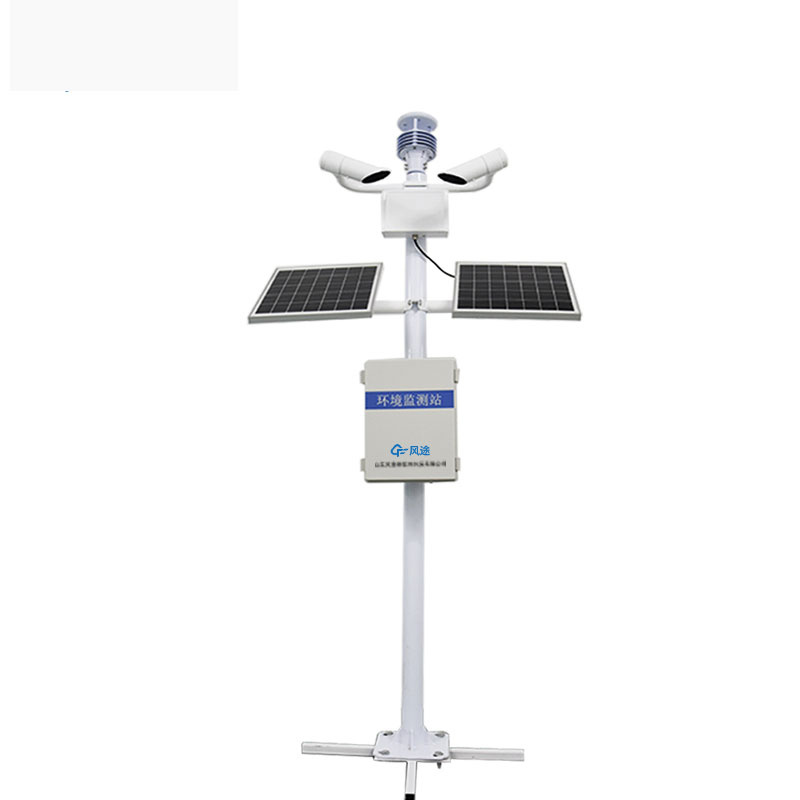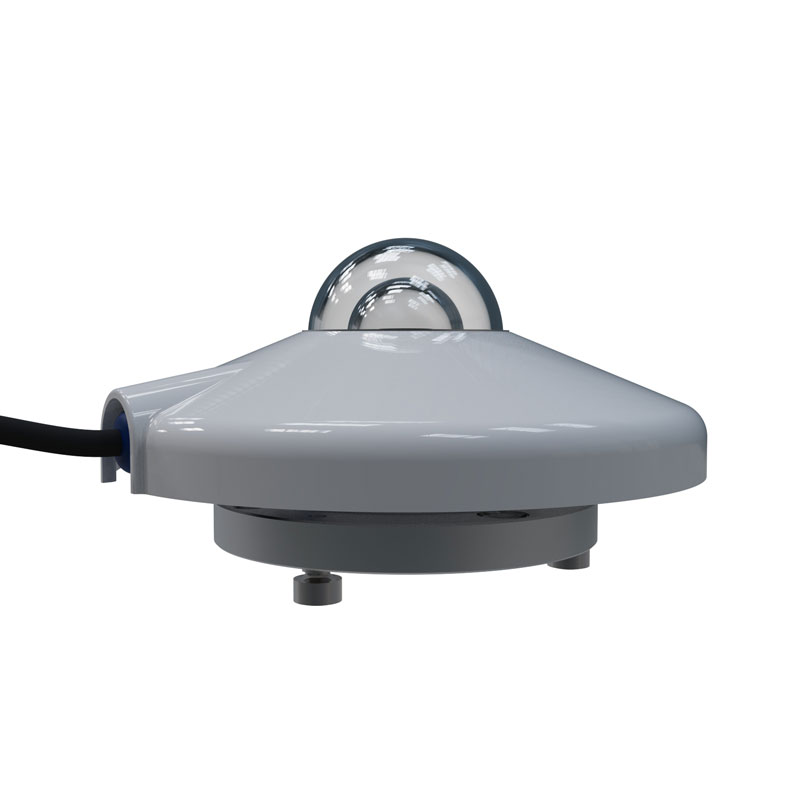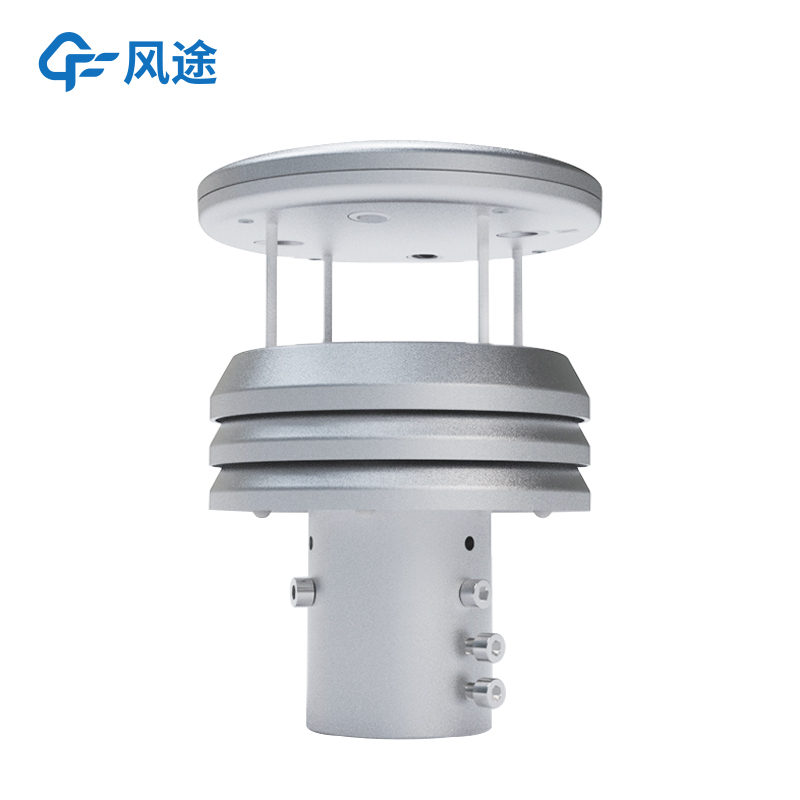Product
Recommended article
- How Forestry Weather Stations Bolster Forest Fire Prevention Efforts
- Discover the Power of Negative Oxygen Ion Monitoring System for Cleaner Air
- Comparative Analysis of Ultrasonic and Automatic Weather Stations in Meteorological Monitoring
- Breaking Through the ‘Last Meter’ with Online Dust Monitoring System
- Mastering Road Conditions with Road Weather Station
- Inhalable Dust Continuous Tester: A Portable Solution for Dust Concentration Monitoring
Contact us
Shandong Fengtu IOT Technology Co., Ltd
Sales Manager:Ms. Emily Wang
Cel,Whatsapp,Wechat:+86 15898932201
Email:info@fengtutec.com
Add:No. 155 Optoelectronic Industry Accelerator, Gaoxin District, Weifang, Shandong, China
Unlocking the Benefits of Fresh Air: Negative Oxygen Ion Monitoring Systems in Tourism Destinations
Article source:Weather station time:2024-09-13 13:11:56 viewed:17times
Tourist attractions promote the content of negative oxygen ions because they are beneficial to human health, making people feel the air is fresher and their mood more relaxed. Places with high levels of negative oxygen ions usually have good air quality, which is beneficial to the respiratory and cardiovascular systems. By emphasizing this point, attractions can attract visitors and enhance the tourism experience.
Negative oxygen ions are negatively charged particles formed when oxygen molecules in the air gain extra electrons. They are typically produced in natural processes such as thunderstorms, water impact, or sunlight exposure. These ions can make the air feel more refreshing and have a positive impact on human health.
According to World Health Organization standards, air is considered clean when it contains between 1,000 to 1,500 negative oxygen ions per cubic centimeter. Negative oxygen ions are divided into three types based on their migration speed: large, medium, and small. The smallest negative oxygen ions are particularly effective, as they can fully settle and remove tiny particulate matter like PM2.5, which is difficult to eliminate in industrial processing.
Negative oxygen ion monitoring systems can monitor the concentration of negative oxygen ions in the environment in real-time, as well as other environmental factors such as temperature, humidity, PM2.5, PM10, wind speed, wind direction, and air pressure. These systems use sensors and automation technology to collect data and process and disseminate information in a smart way.
Negative oxygen ions are beneficial to health and improve air quality, making them a common attraction for tourists. Monitoring systems can help understand the levels of negative oxygen ions at different times and places, which is helpful for environmental protection and urban planning. The systems are easy to install and maintain, support remote monitoring and mobile access, making operation convenient and contributing to the intelligent level of environmental monitoring.

This paper addresses:https://www.yf182.com/industry/512.html
Related products
Related article
-
Classification of automated weather stations
2024-02-19 -
Fengtu's Agrometeorological Stations: Pioneering Sustainable Smart Agriculture Solutions
2024-09-05 -
Introduction to the Integrated Forest Climate Fire Risk Factor Monitoring Station
2024-04-26 -
Functions of the Integrated Cloud Gauge application
2024-03-21 -
Comparative Analysis of Ultrasonic and Automatic Weather Stations in Meteorological Monitoring
2025-01-13 -
How PV Weather Station Optimizes Photovoltaic Power Generation and Management
2024-11-28 -
Dust monitoring equipment selection points
2024-02-07 -
Atmospheric Environment Monitoring System: The Key to Precise Pollution Control”
2024-10-11










